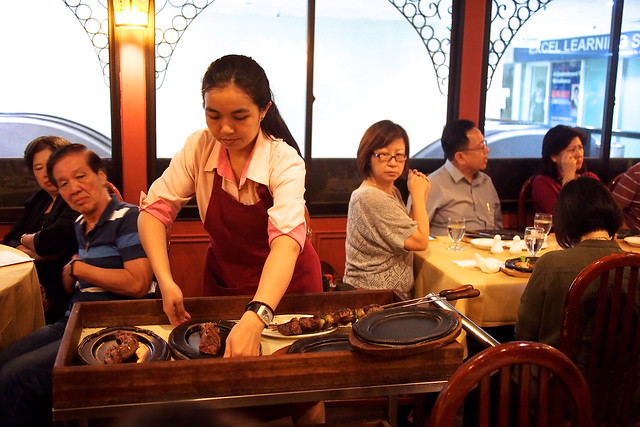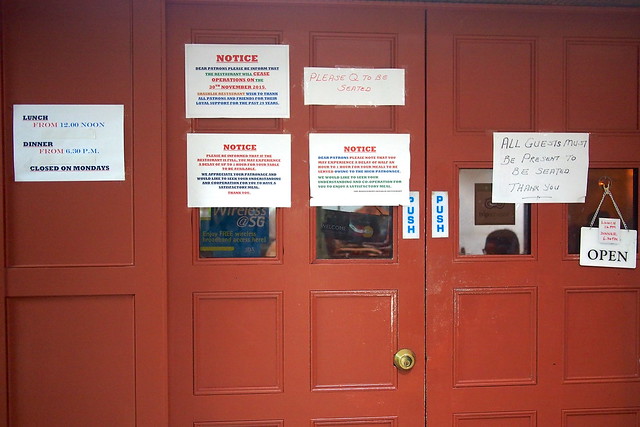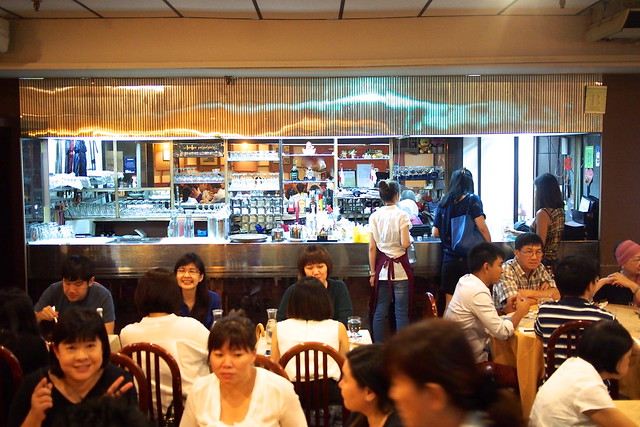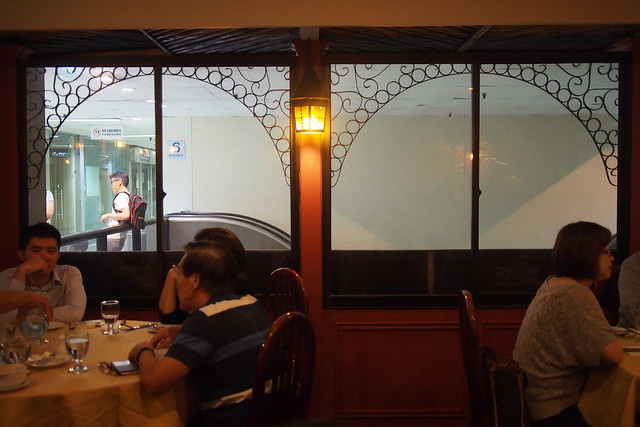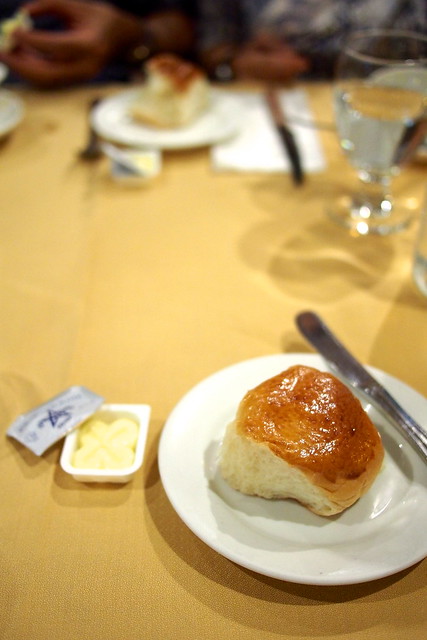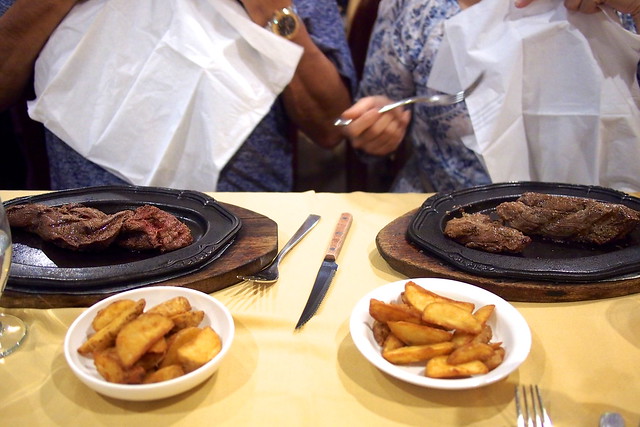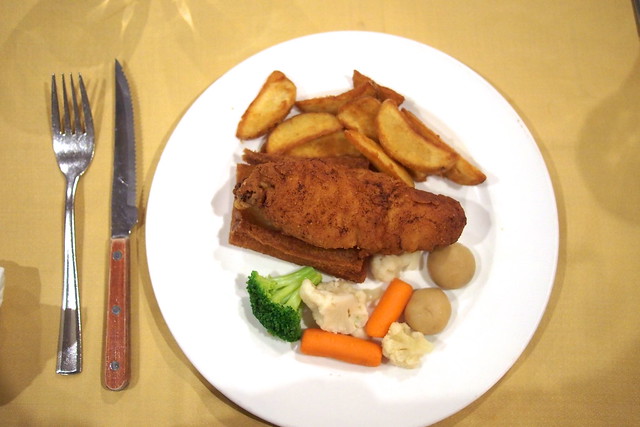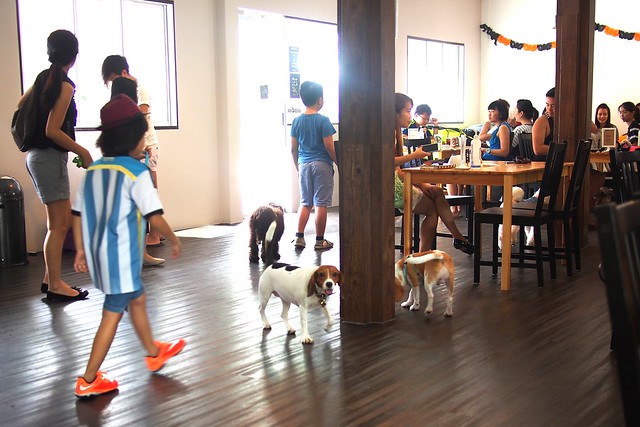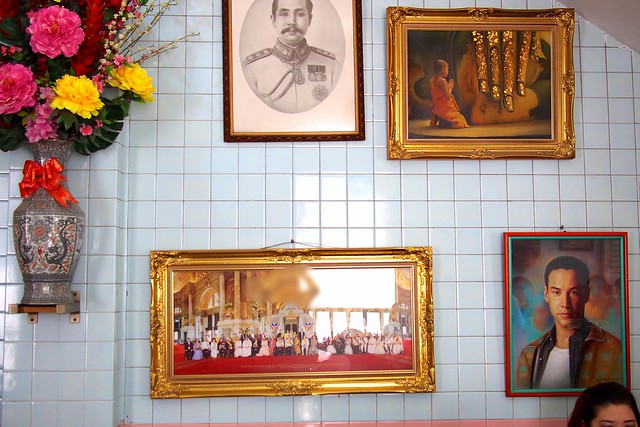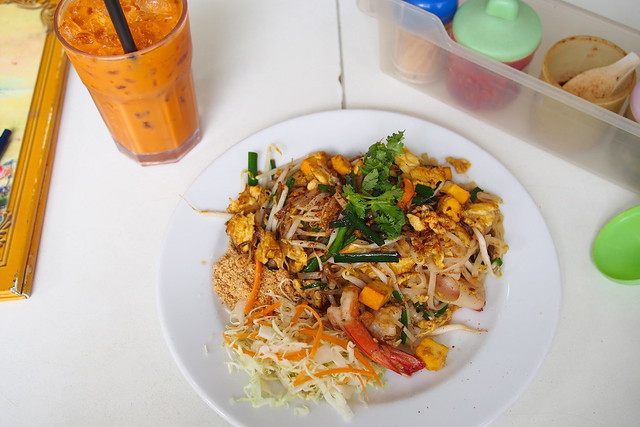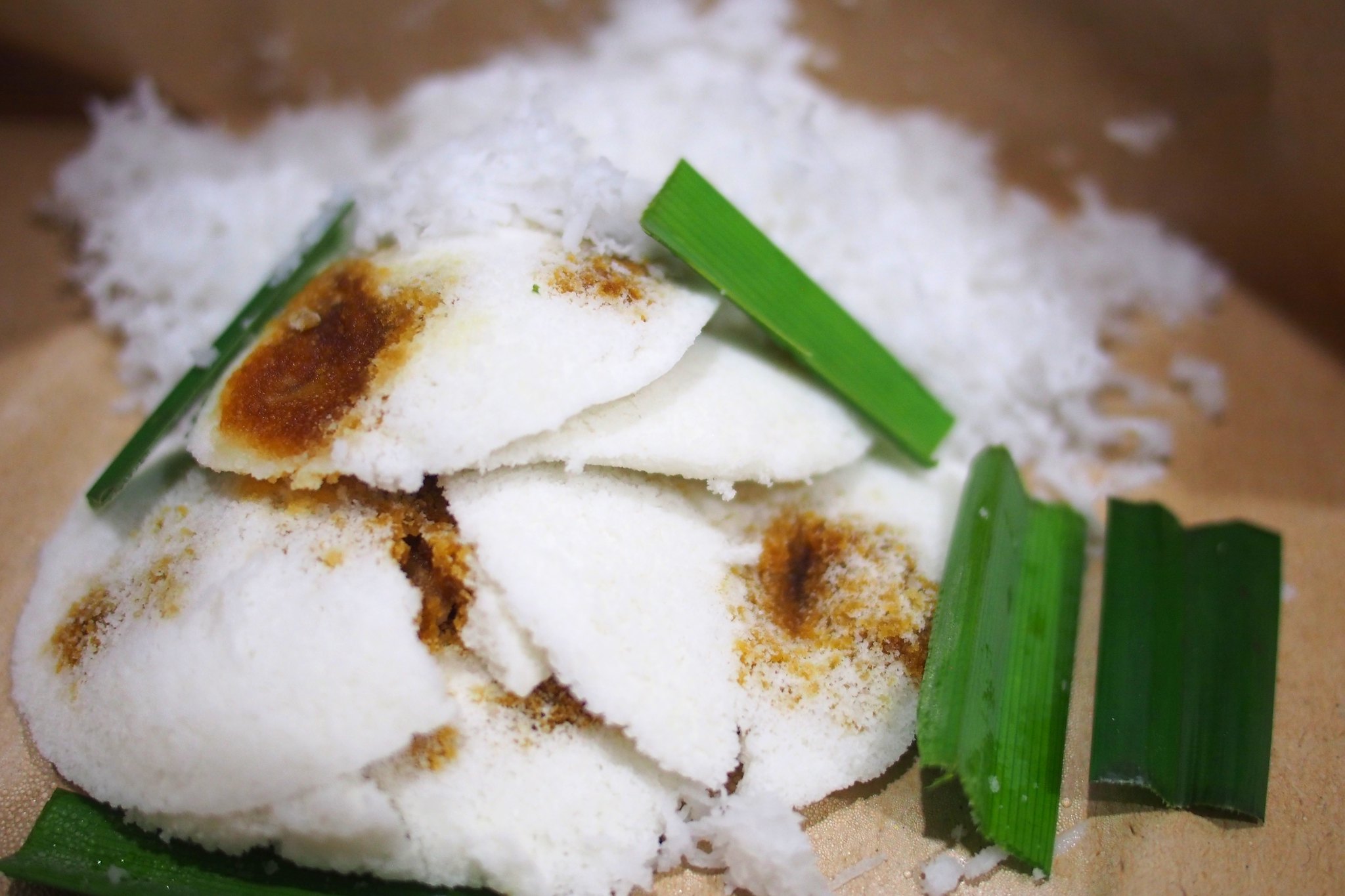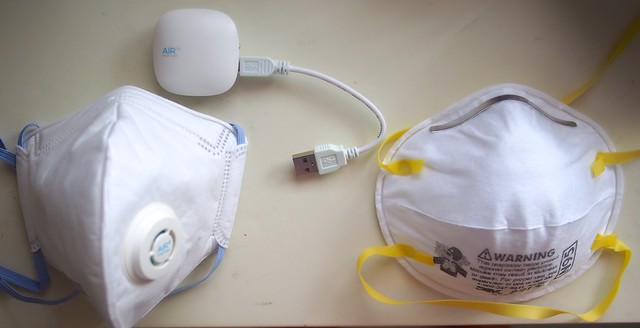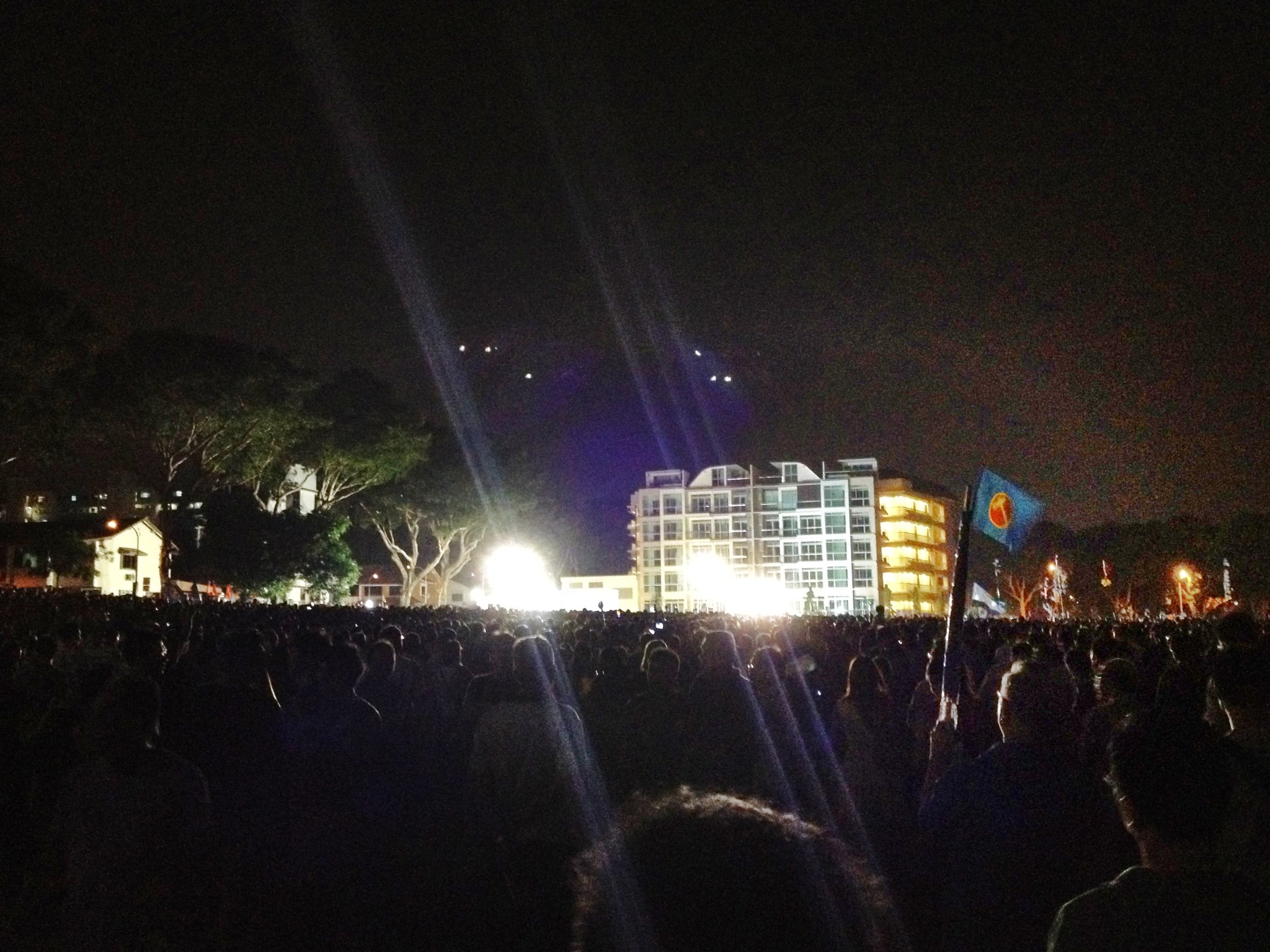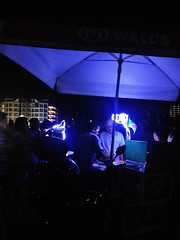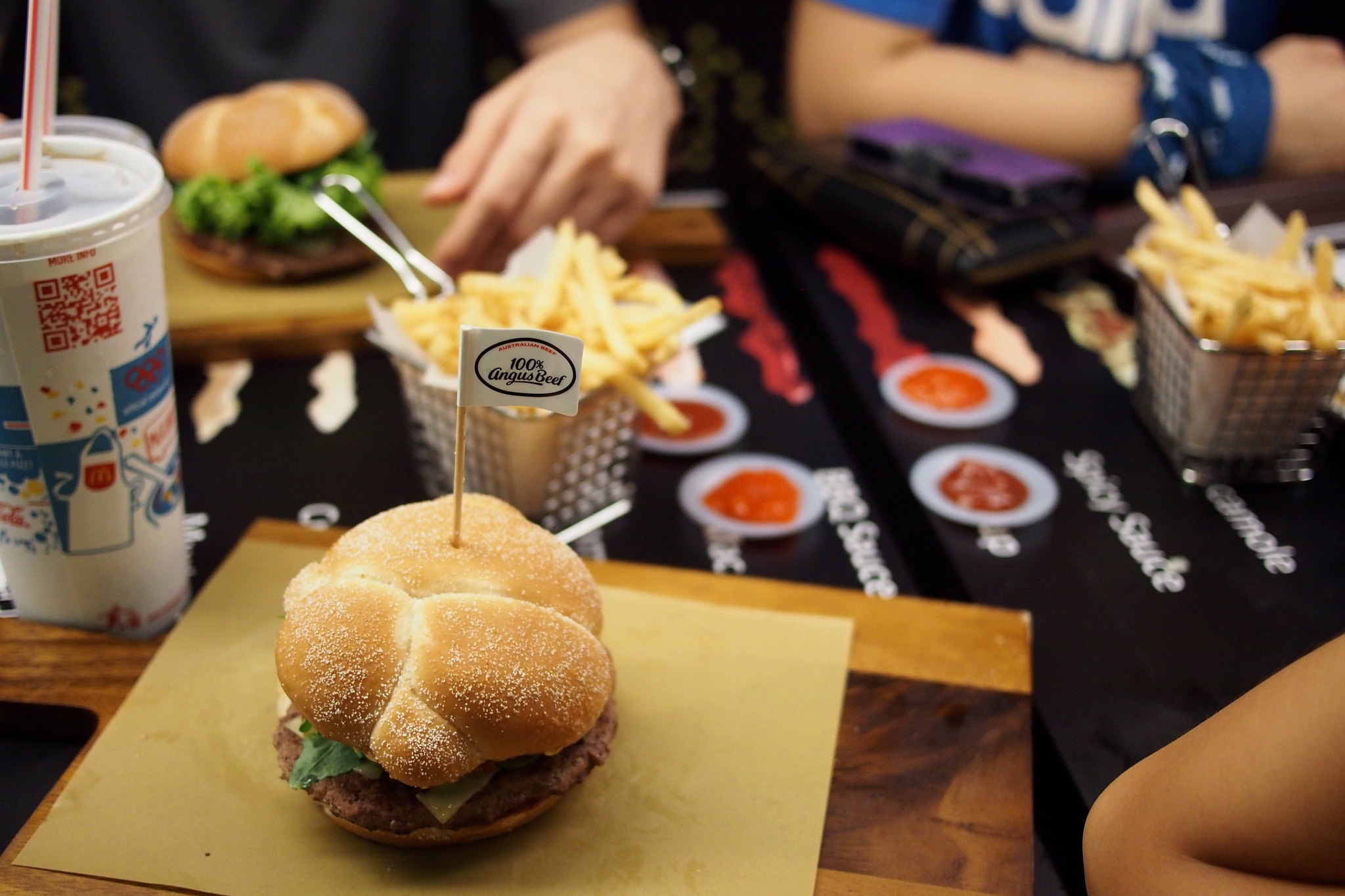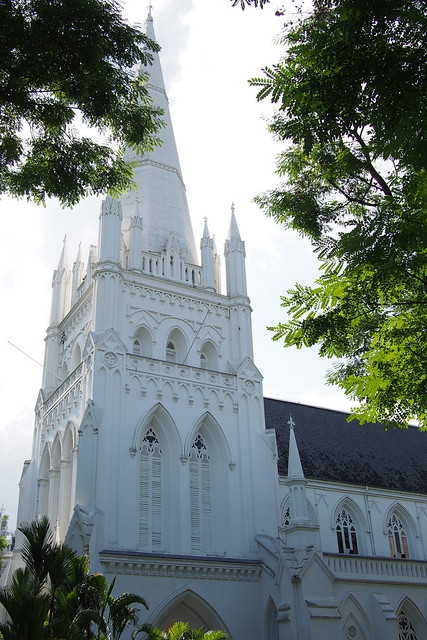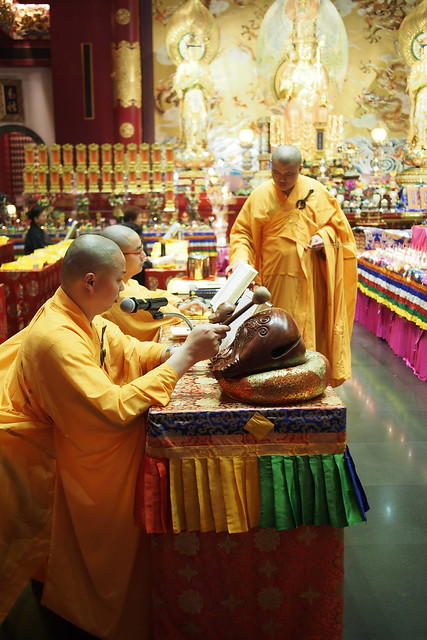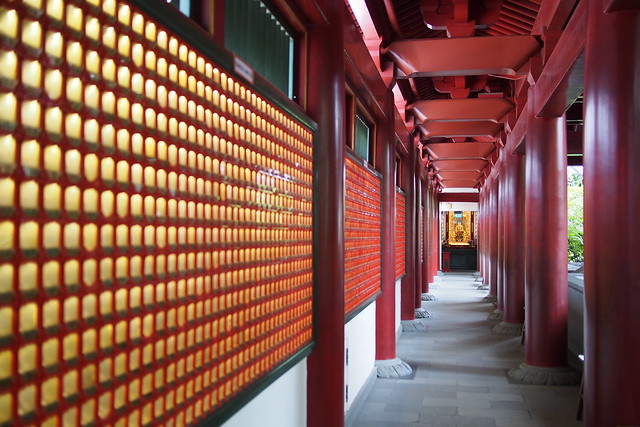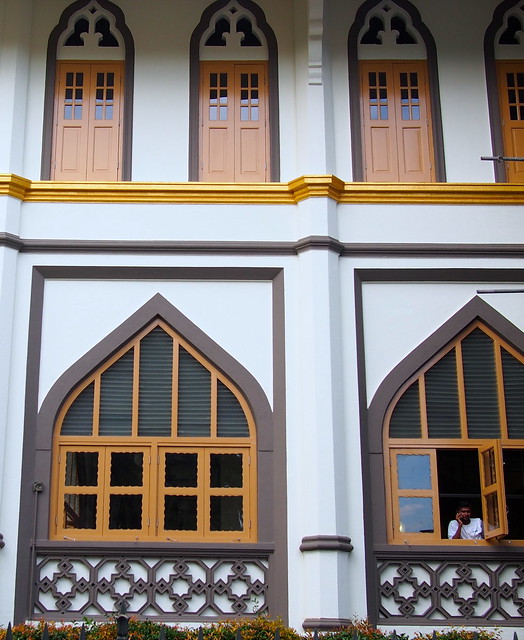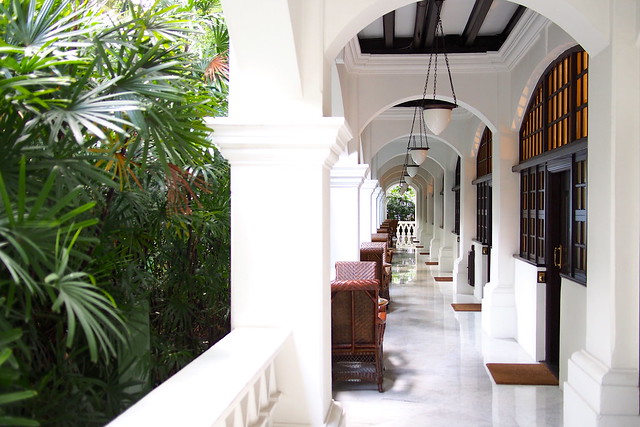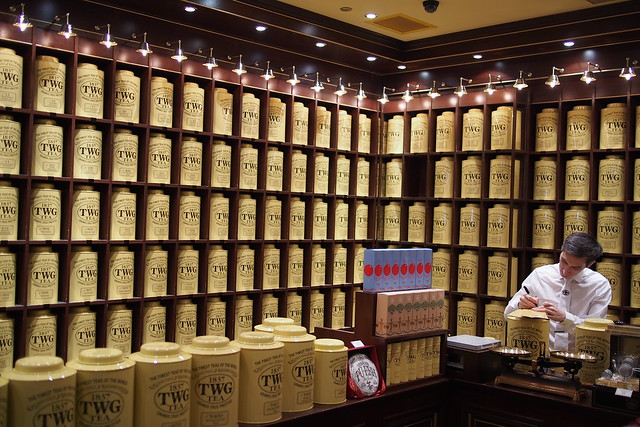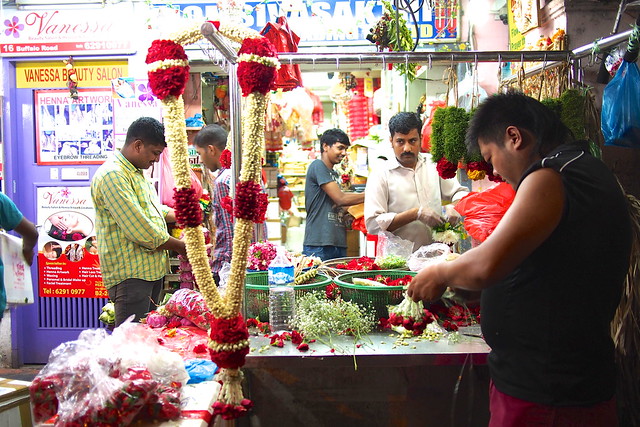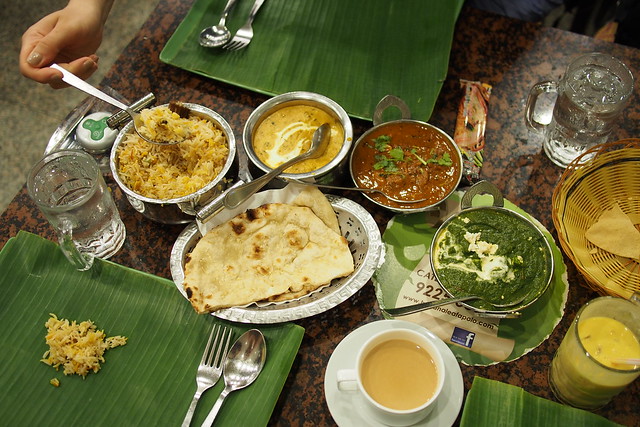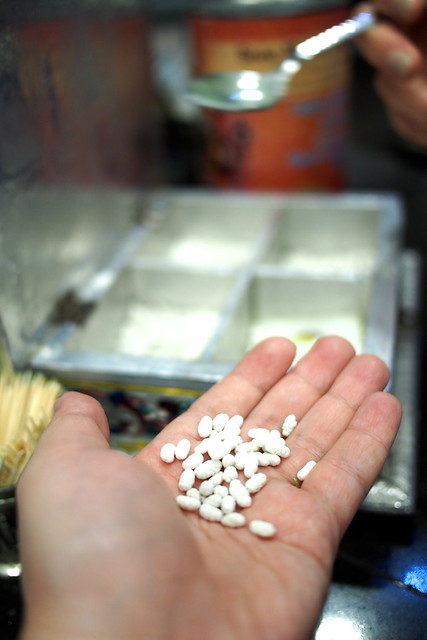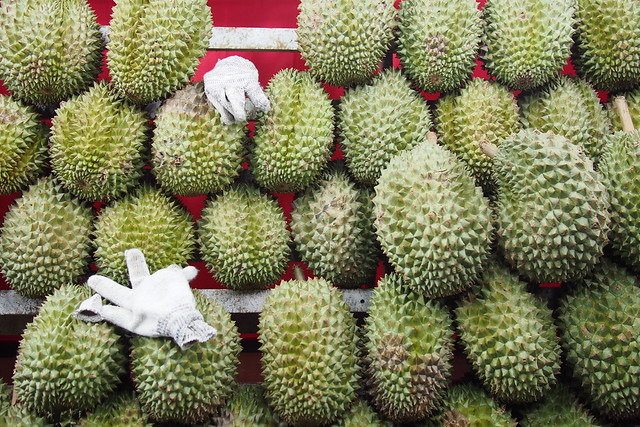All PAP MPs
RULES OF PRUDENCE
BEYOND SG50
It is a tradition for the Prime Minister to send a letter on “Rules of Prudence” to all the PAP MPs after an election. The context each time may be different but the subject remains constant, because integrity, honesty and incorruptibility are fundamental to our Party. We must never tire of reminding ourselves of their importance.
2. Our Party has won 83 out of 89 seats in the just concluded General Election, with all seats contested. Overall, the PAP won 69.9% of the votes.
3. The people have endorsed what we have done in the previous term, and given us a clear mandate to take Singapore forward beyond SG50. Now we must fulfil what we have promised to do in our manifesto. We must never break faith with the people, but must always carry out our duties to them responsibly, address their worries and advance their interests.
4. Be humble in victory. As MPs, always remember we are servants of the people, not masters. Do not mistake the strong election result to mean that our efforts have succeeded, and that we can afford to slacken. Much work remains to be done tackling issues which concern Singaporeans, and finding new ways to improve people’s lives. Listen hard to voter concerns, help them to tackle pressing needs, and convey their worries and aspirations to the Government. Persuade them to support policies which are in their own long term benefit, while helping the Government to formulate good policies and stay in close touch with the people.
UPHOLDING OUR REPUTATION AND INTEGRITY
5. One vital factor that has enabled the PAP to retain the trust of Singaporeans all these years is honesty and integrity. The PAP’s reputation for clean, incorruptible government is one of our most precious assets. As PAP MPs, your personal standing reflects this high standing of the Party as a whole. I cannot stress strongly enough that every MP must uphold the rigorous standards that we have set for ourselves, and do nothing to compromise them. Never give cause for allegations that you are misusing your position, especially your access to Ministers. That would discredit both you and the Party.
6. As MPs, you will come across many different sorts of people. Many altruistic, public spirited individuals will help you without wanting anything in return, spending time and money to get community projects going and to serve residents. But a few will cultivate you to obtain benefits for them-selves or their companies, to gain respectability by association with you, or to get you to influence ministries and statutory boards to make decisions in their favour. Gift hampers on festive occasions, entertainment, and personal favours big and small are just a few of countless social lubricants which such people use to ingratiate themselves to MPs and make you obligated to them.
7. You must distinguish between these two groups of people, and be shrewd in assessing the motives of those who seek to get close to you. At all times be seen to be beyond the influence of gifts or favours.
8. Be scrupulously proper in your contacts with government departments or public officers. Do not lobby any ministry or statutory board on behalf of anyone who is not your constituent or grassroots activist. Do not raise matters with public officers on behalf of friends, clients, contractors, employers, or financiers to advance their business interests. Conduct business with government agencies in writing and avoid making telephone requests. If you have to speak, follow up in writing to put your requests on record.
9. MPs are often approached by friends, grassroots leaders or proprietors and businessmen to officiate at the openings of their new shops or other business events. They usually offer a gesture, such as a donation to a charity or constituency welfare fund. Though it may be awkward to refuse such requests, once you accept one, you will be hard-pressed to draw a line. As a rule, you should decline invitations to such business events. If you feel you should attend, please obtain prior approval from the Whip.
SEPARATING BUSINESS AND POLITICS
10. Separate your public political position from your private, professional or business interests. MPs who are in business, who occupy senior management positions in companies, or who sit on company boards should be especially vigilant. You must not exploit your public position as Government MPs, your close contacts with the Ministers, or your access to government departments and civil servants, for your personal interest or the benefit of your employers. Your conduct must always be above board.
11. MPs who are employed by companies or industry associations may at times have to make public statements on behalf of their company or industry association. If you have to do so, make it clear that you are not speaking as an MP, but in your private, professional or business capacity.
12. Do not use Parliamentary questions as a means to lobby the Government on behalf of your businesses or clients. When you raise questions in Parliament related to your own businesses or your clients, be careful to first declare your pecuniary interest in the issue.
13. You may, however, speak freely to Cabinet Ministers, who are your Parliamentary colleagues. Ministers will listen carefully to arguments on principles, especially when they relate to the general policy of their Ministries. But Ministers will not exercise their discretion to change individual decisions without very good reasons which they can justify publicly. Parliamentary Secretaries and Ministers of State who intervene in their Ministries to reverse or alter decisions should promptly report the matter to their Ministers to protect themselves against possible accusations of misconduct. The Government must always base decisions on the merits of the issues, and cannot yield to pressure from interested parties.
DIRECTORSHIPS
14. MPs are often invited to serve on the Boards of private and publicly listed companies. This is a sign that the private sector values PAP MPs’ integrity and experience, and reflects the high standing of the Party and of PAP MPs in general. The Party permits MPs to serve as directors, provided you keep your private and public responsibilities rigorously separate, and your private appointments do not compromise your duties and performance as an MP.
15. The public will closely scrutinise your involvement in companies, because you are a PAP MP. Conduct your business activities so as to bring credit to yourself and to the Party. Adverse publicity on your performance as a director, or lapses in the companies you are associated with, will tarnish your reputation as an MP and lower the public’s regard for the Party.
16. You should not solicit for Directorships in any companies, lest you appear to be exploiting your political position to benefit yourself.
17. You should not accept directorships where your role is just to dress up the board with a PAP MP or two, in order to make the company look more respectable.
18. Some grassroots leaders are businessmen who own or manage companies. You should not sit on any boards of companies owned or chaired by grassroots leaders appointed by you, so as to avoid the perception that you are obligated to them or advancing their business interests.
19. If you are offered a Directorship, you have to decide for yourself whether to accept. The Party is not in a position to vet or approve such decisions.
20. Before accepting, consider the possible impact of the Directorship on your political life. Ensure that the company understands that you are doing so strictly in your private capacity, and will not use your public position to champion the interests of the company, or lobby the government on its behalf.
21. Make every effort to familiarise yourself with the business, track record and background of the key promoters of the company. Satisfy yourself that the company is reputable, and that you are able to make a meaningful contribution. Specifically, just like anyone else contemplating a Directorship, you should ask yourself:
a. How well do you know the company, its business strategy, financial status, shareholding structure and the underlying industry?
b. Do you know your fellow directors, the way the Board and its committees fulfil their responsibilities, the reporting structure between Board and Management and the relationship between shareholders and the company?
c. Do you have sufficient industry, financial or professional expertise to fulfil your expected role and responsibilities as a Director? Do you understand your obligations under the law and the Code of Corporate Governance? Will you be able to discharge your fiduciary duties properly and without fear or favour?
d. Will you face any conflicts of interest, and if so can you manage them? If in any doubt, you should decline.
22. Once you have decided to take up a Directorship, please inform the Whip. Detailed reporting requirements are listed in the Annex.
PARLIAMENT
23. MPs are expected to attend all sittings of Parliament. If you have to be absent from any sitting, seek permission from the Government Whip. Please inform the Whip if you have to leave the Parliament premises while a sitting is on.
24. If you travel abroad, or need to be absent from Parliament for any reason, you must apply to the Speaker for leave, with copies to the Leader of the House and the Government Whip. You should also inform the Whip where you can be reached while abroad.
25. I have asked the Speaker to give all MPs, particularly new MPs, ample opportunity and latitude to speak in Parliament. Your first opportunity will be during the debate on the President’s Address at the opening of Parliament in January 2016. Following that, at the Budget Debate, all MPs should speak up. Script your speeches or put your key points in note form to structure your presentation and help the media.
26. The public expects PAP MPs to express their views frankly, whether for or against Government policies. During debates, speak freely and with conviction. Press your points vigorously, and do not shy away from robust debate. However, please exercise judgement when putting your points across, and do not get carried away playing to the gallery.
27. Bring out questions and issues that Singaporeans and your constituents have concerns about, and grapevine talk for the Government to rebut, but avoid unwittingly lending credence to baseless gossip. This will show that you and the Party are in touch with the ground, and speaking up for Singaporeans. Bringing up pertinent issues and questions in a timely manner helps ministers to put across the facts, explain the reasons for policies and decisions, and maintain public confidence in the openness and integrity of our actions.
28. Your honest, informed views are an important political input to Ministers when they formulate and review policies. Ministers will accept valid, constructive suggestions, but they have to challenge inaccurate or mistaken views. Over time, the public will see that PAP backbenchers are as effective as opposition MPs, if not better, at holding ministers to account, getting issues fully debated, and influencing policies for the better.
IMPORTANT PUBLIC OCCASIONS
29. On certain occasions, like the National Day Parade and the Investiture Ceremony for National Day Awards, the whole Establishment, i.e. the Executive, the Legislature and the Judiciary, will be there. Those who cannot attend must have very good reasons. Those who have accepted the invitation must attend, otherwise they leave empty seats, which does no credit to them or to the Party.
30. At all public functions and constituency events, punctuality is of paramount importance.
GIFTS
31. You should not accept gifts which might place you under obligations which conflict with your public duties. If you receive any gifts other than from close personal friends or relatives, you must declare them to the Clerk of Parliament who will have the gifts valued. If you wish to keep the gifts, you must pay the Government for them at the valuation price.
FUND-RAISING
32. Party Branches should not raise funds on their own without permission, for example by soliciting advertisements for a souvenir magazine or a carnival. If you intend to raise funds, please clear it beforehand with the Organising Secretary. When your branch embarks on a collective fund-raising activity, e.g. a Family Day or Walk-A-Jog, you must follow the rules strictly.
FINANCIAL PRUDENCE
33. As MPs, you should manage your personal financial affairs prudently. Do not over-extend yourself or become financially embarrassed. This would be not only a potential source of personal embarrassment, but also a weakness which may expose you to pressure or blackmail.
34. In particular, be careful about making major financial commitments assuming that you will continue to receive your MP’s allowance. While MPs typically serve several terms, you cannot assume that you will automatically be fielded in future General Elections, or that if fielded you will definitely be re-elected. There is neither tenure nor job security in politics.
DECLARATION OF INCOME
35. For your own protection, every MP should disclose to me, in confidence, your business and professional interests, your present employment and monthly pay, all retainers and fees that you are receiving, and whether your job requires you to get in touch with officers of Government Ministries or statutory boards on behalf of employers or clients. Office holders need not do so because you will be subject to the reporting requirements of the Code of Conduct for ministers. This should be done by 31 October 2015.
GENERAL BEHAVIOUR
36. The PAP has held our position in successive elections because our integrity has never been in doubt, and because we are sensitive to the views and attitudes of the people we represent. MPs must always uphold the high standards of the Party and not have lifestyles or personal conduct which will embarrass themselves and the Party. Any slackening of standards, or show of arrogance or indifference by any MP, will erode confidence in him, and ultimately in the Party and Government. New MPs can pick up the dos and don’ts from older MPs. You should conduct yourselves always with modesty, decorum and dignity, particularly in the media. You must win respect, not popularity, to stay the course.
MEDIA PUBLICITY
37. I am releasing a copy of this letter to the media so that the public knows the high standards we demand of our MPs.
LEE HSIEN LOONG
cc: Government Whip


